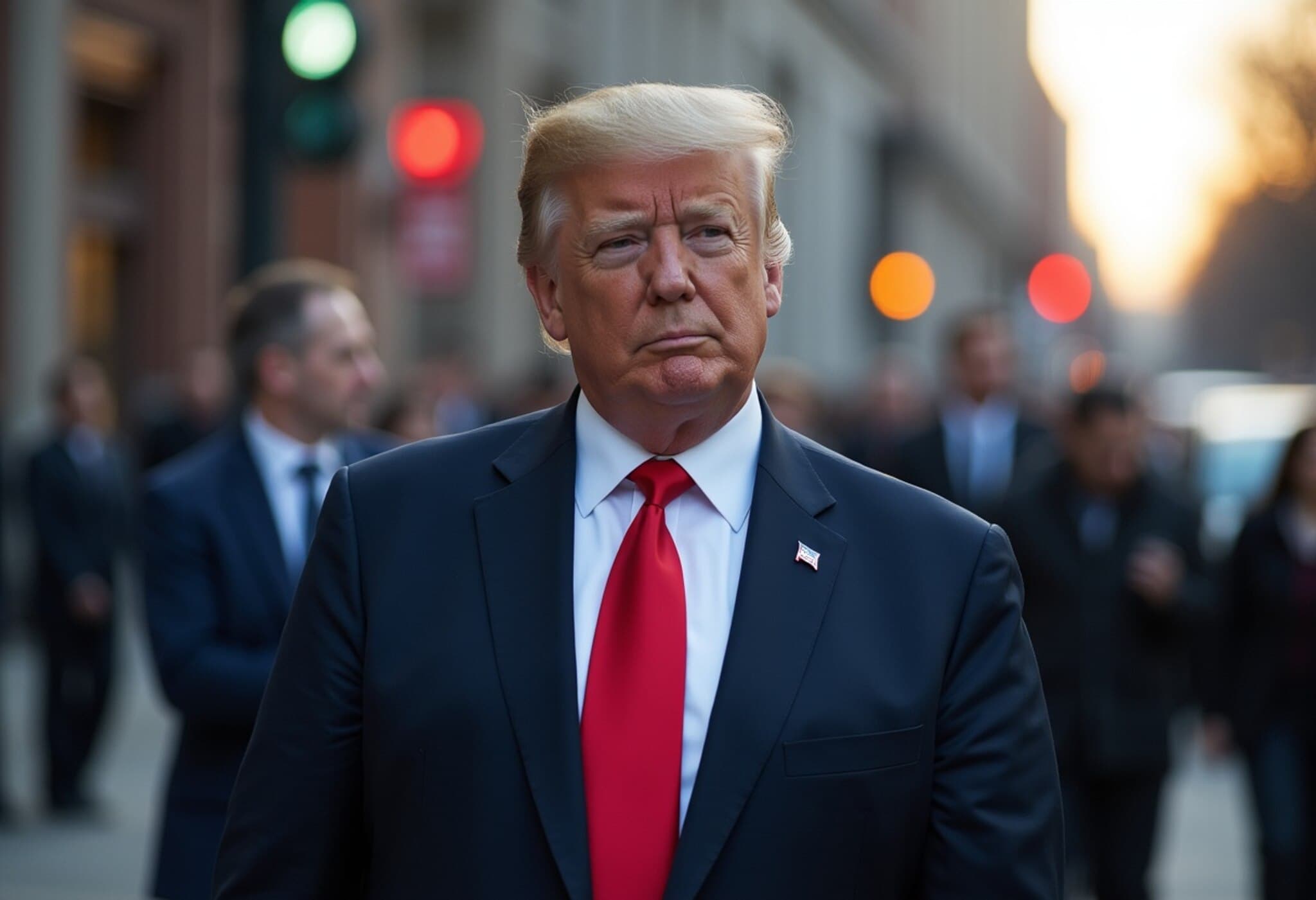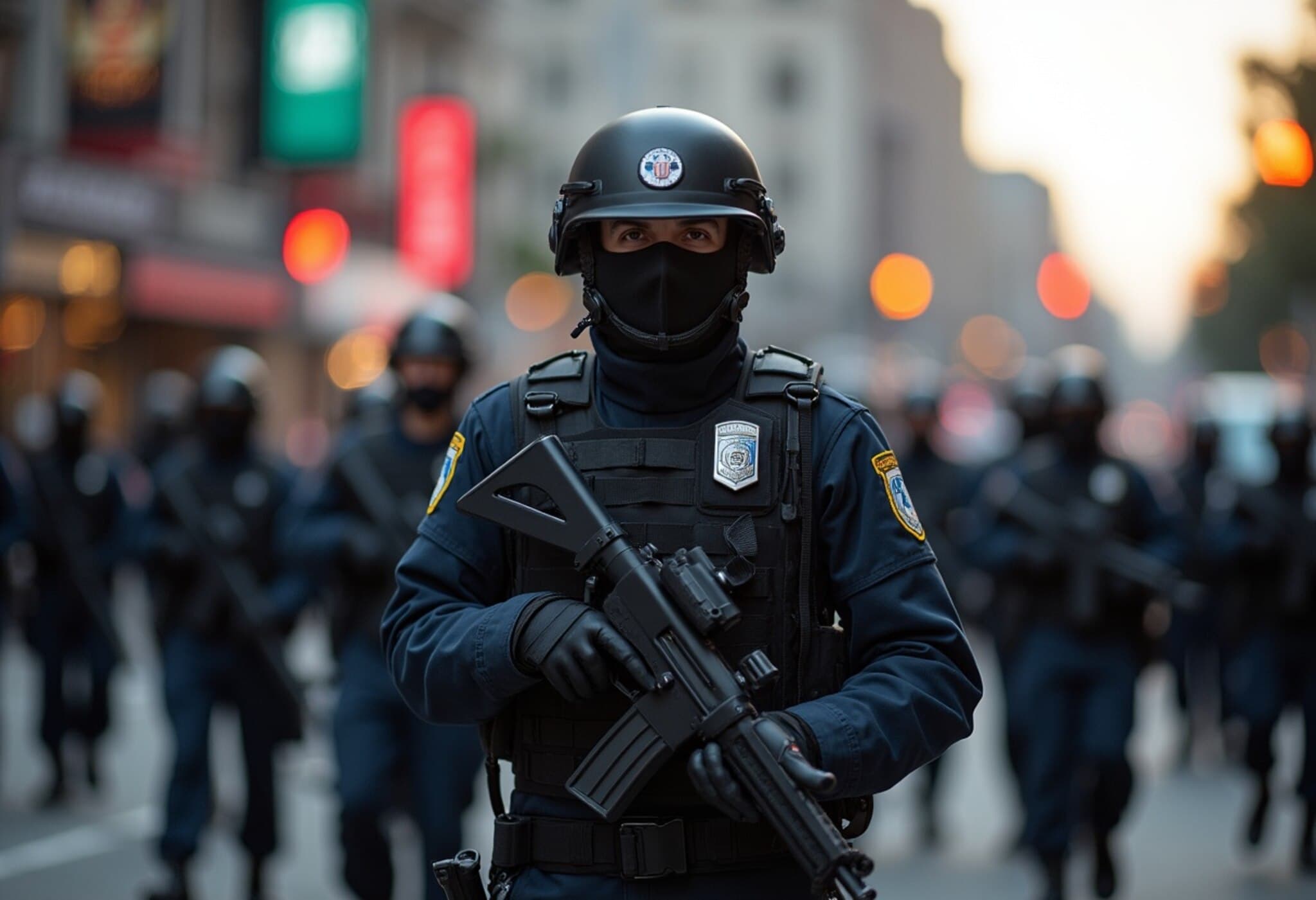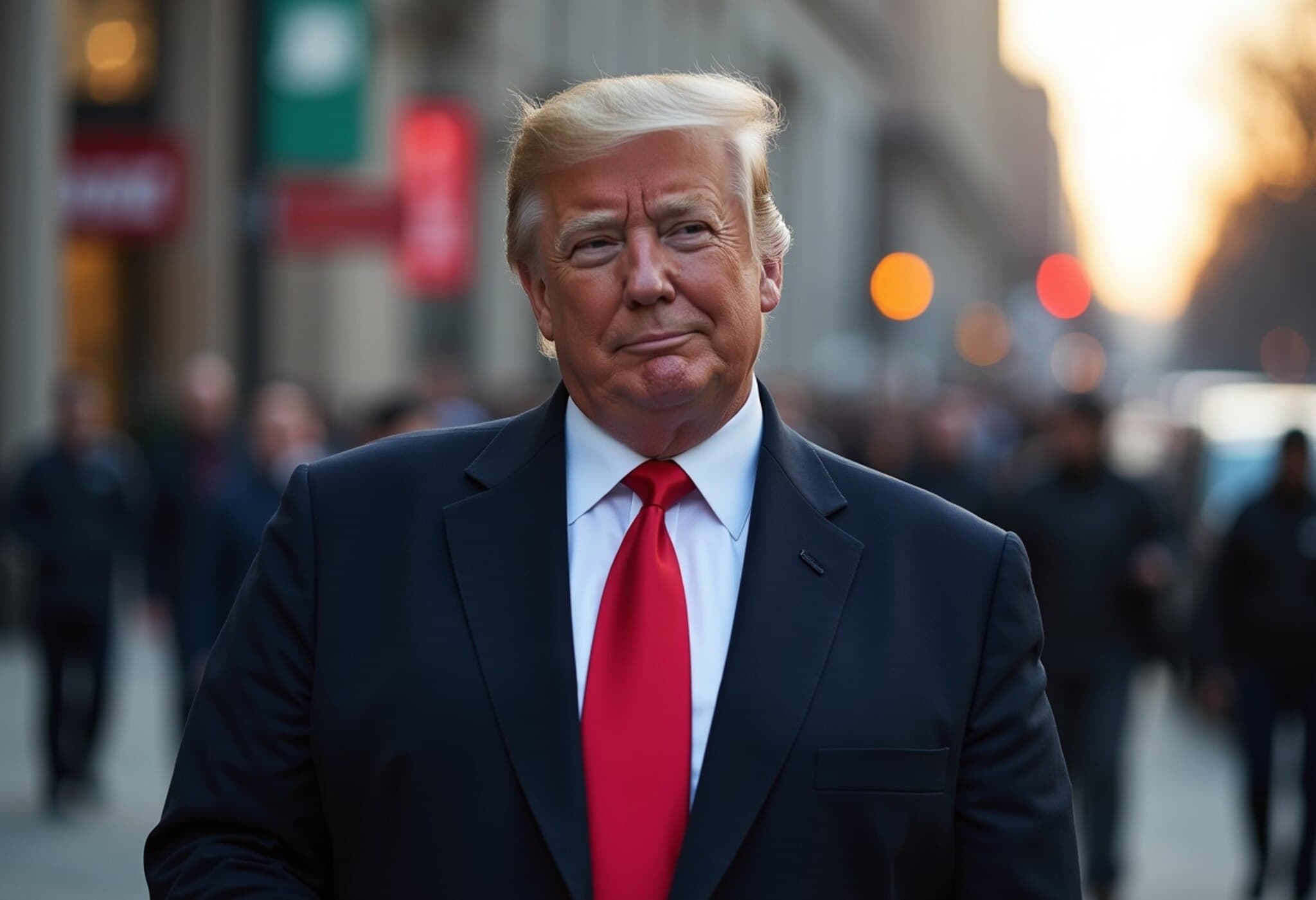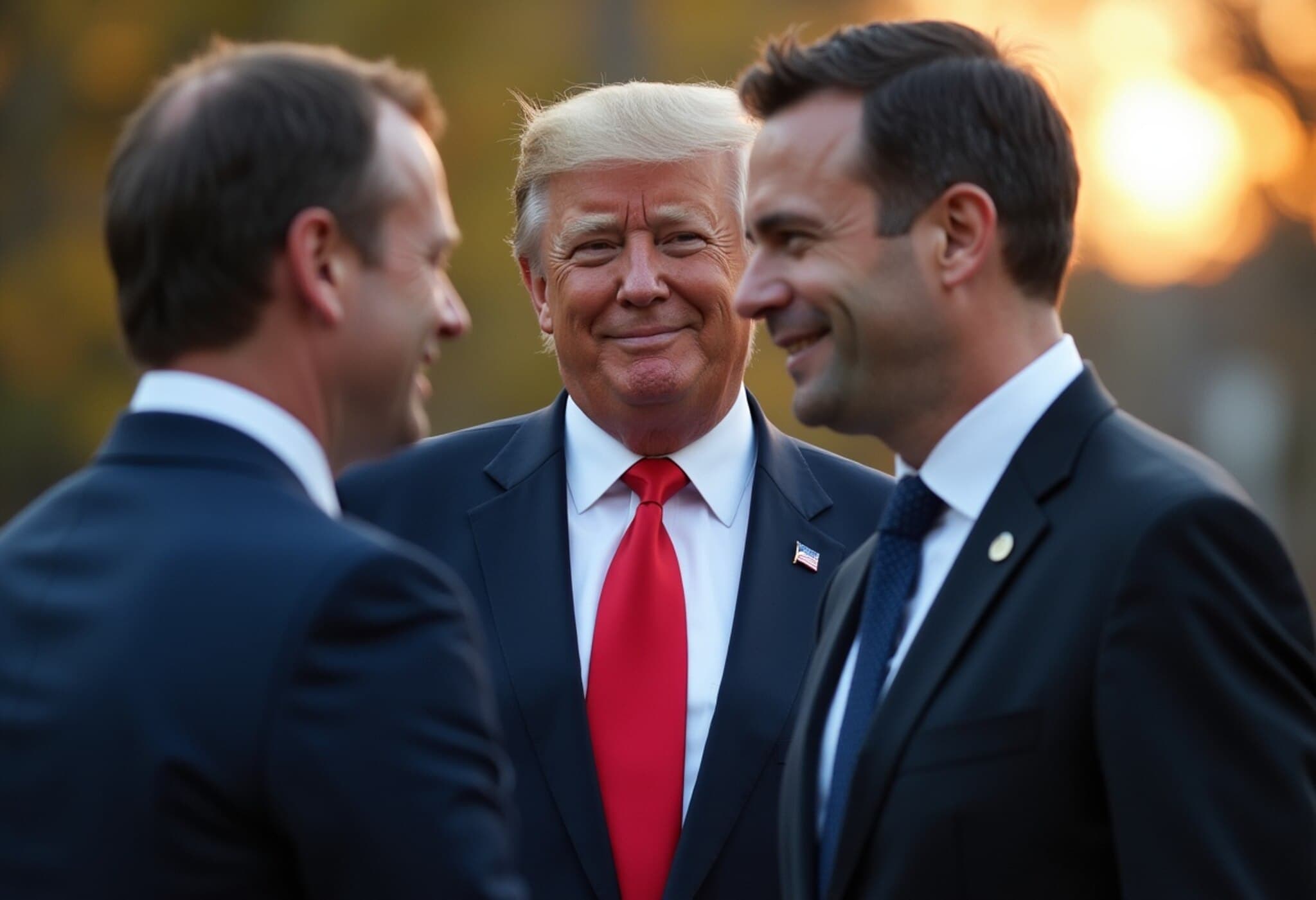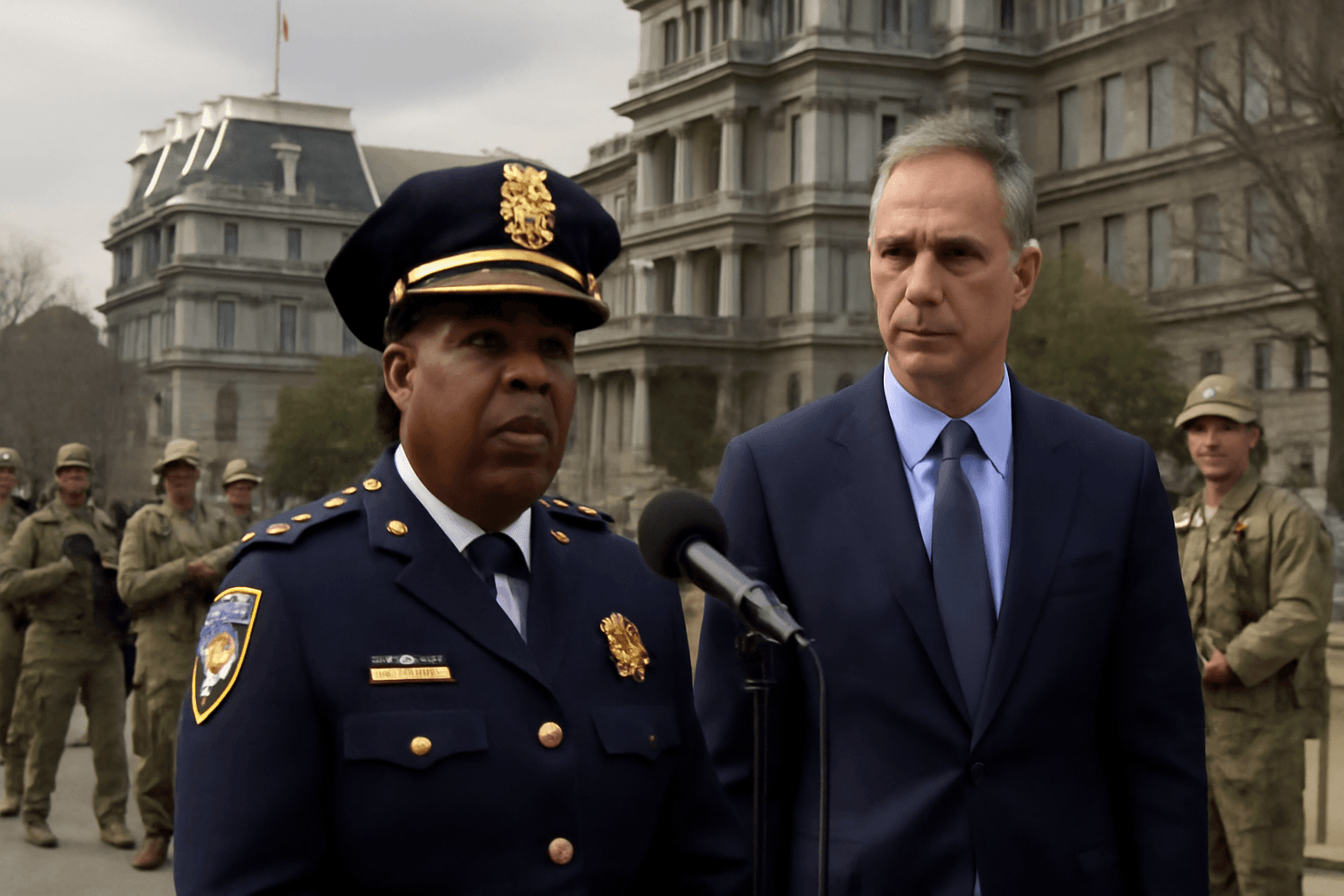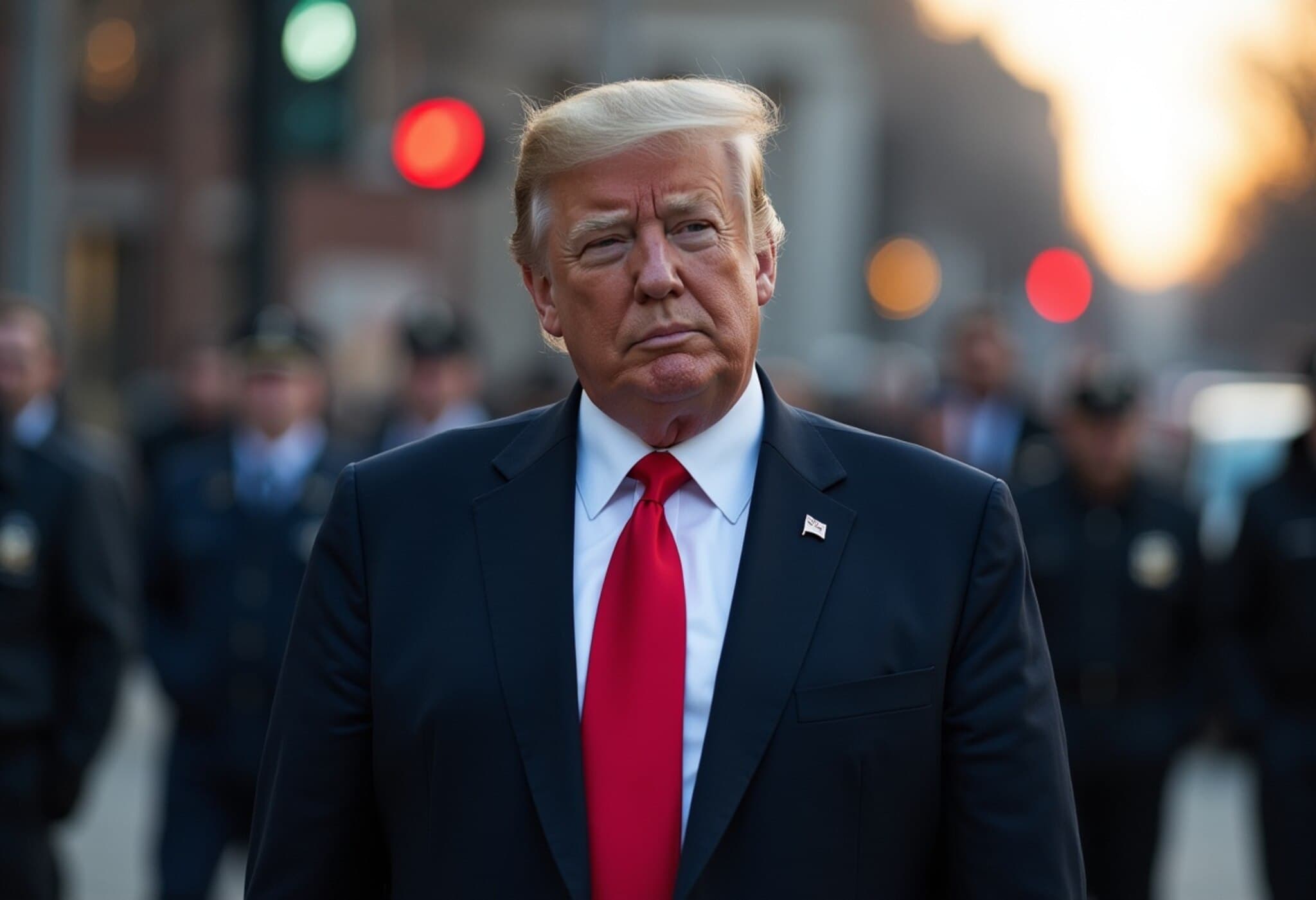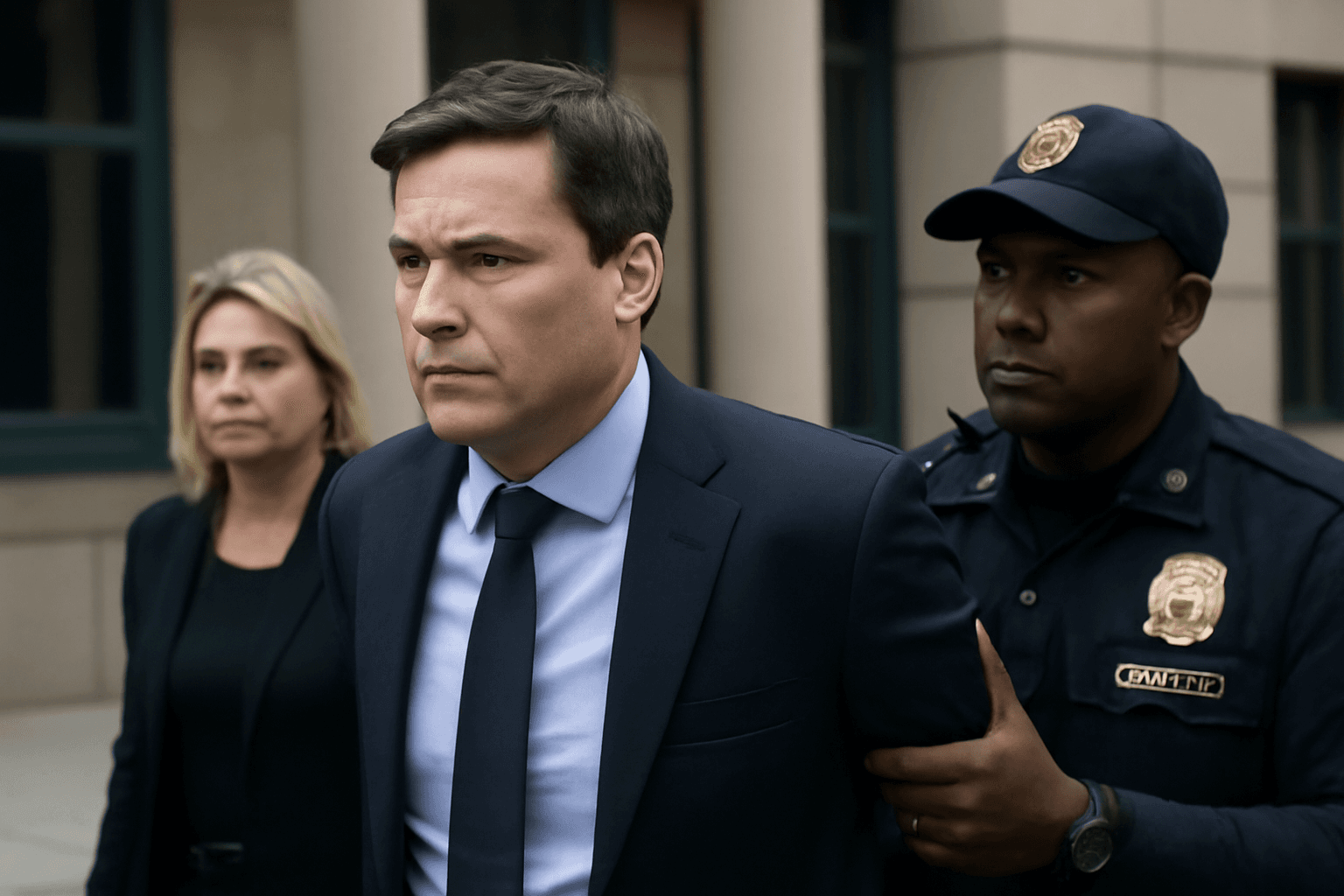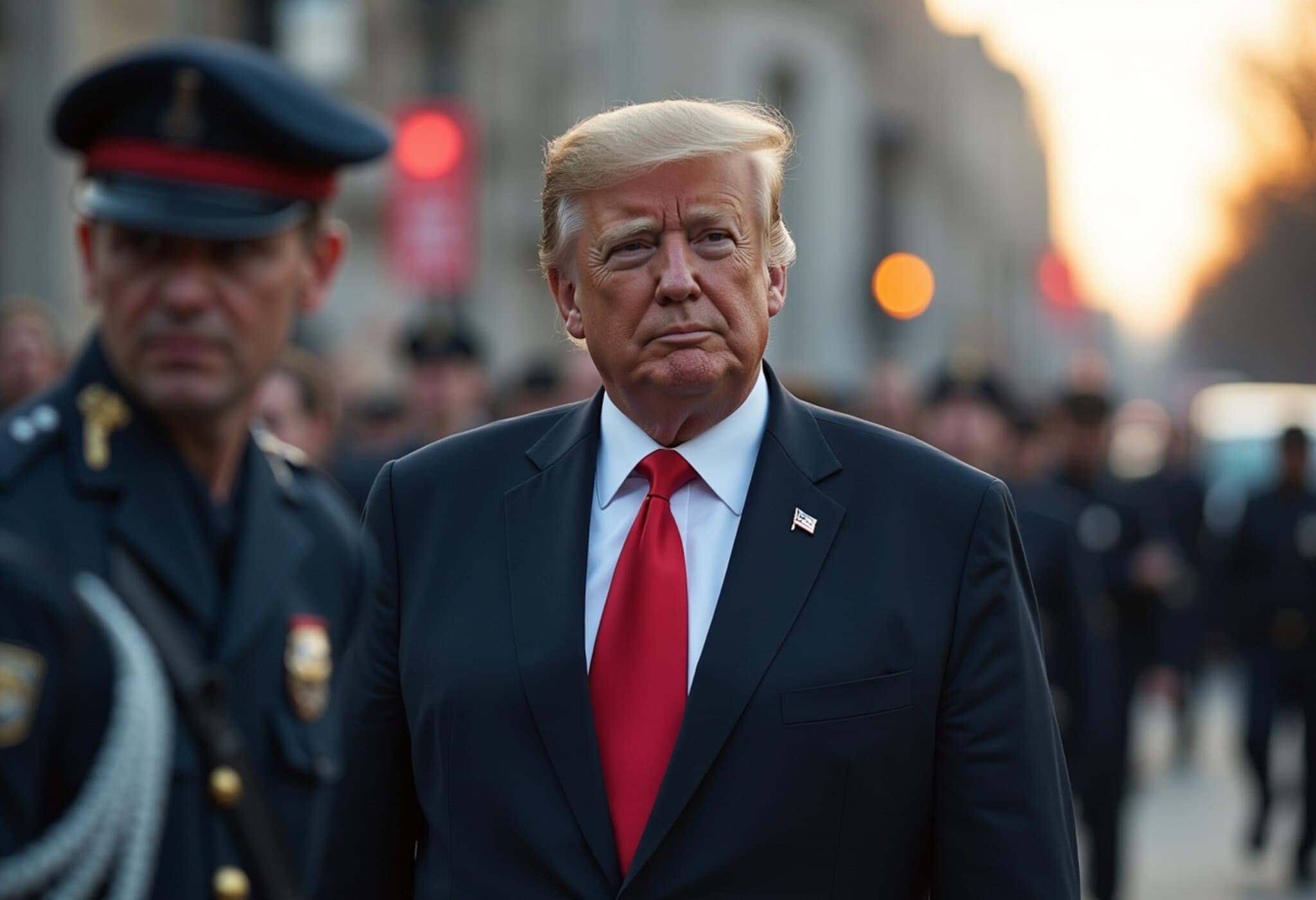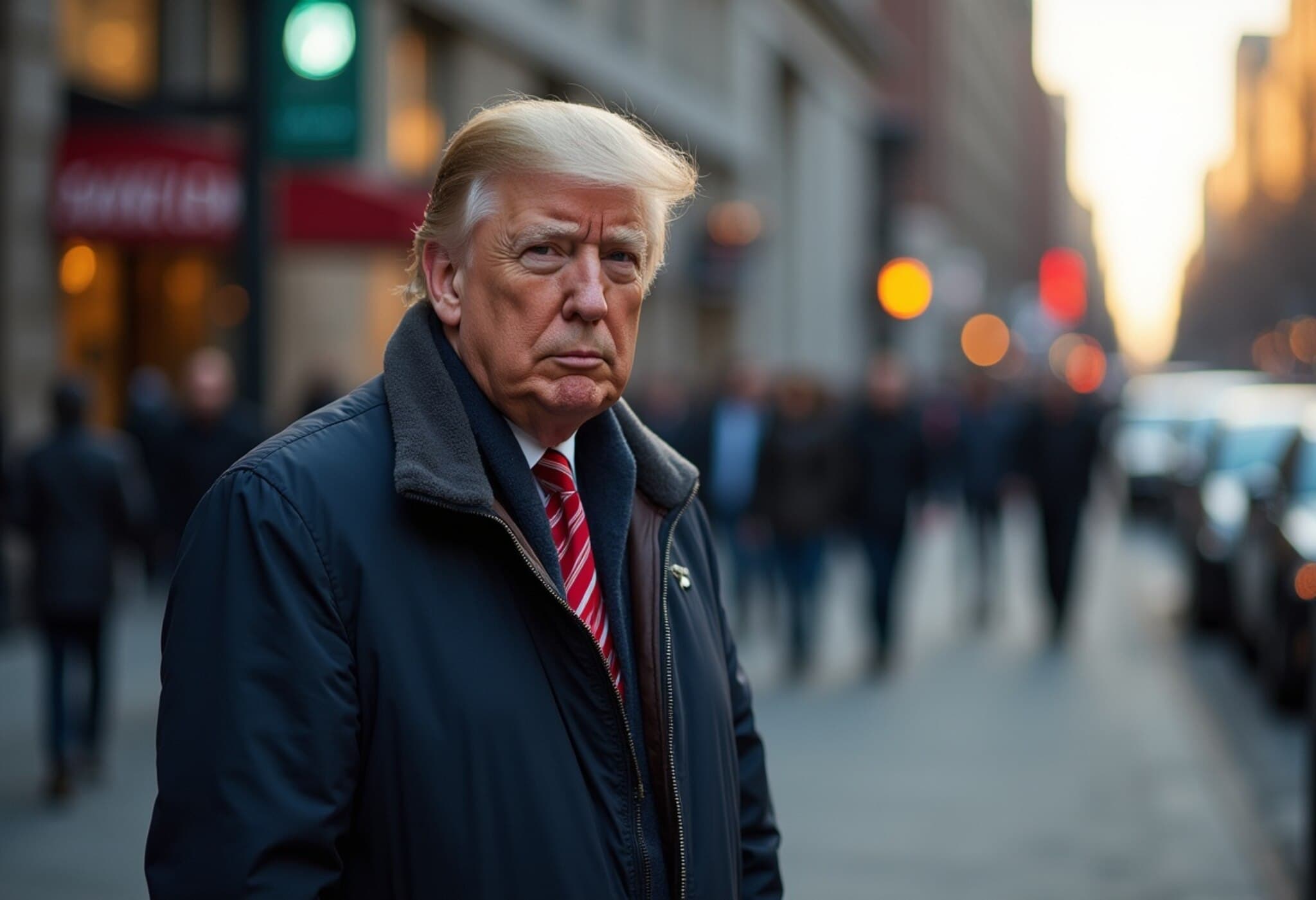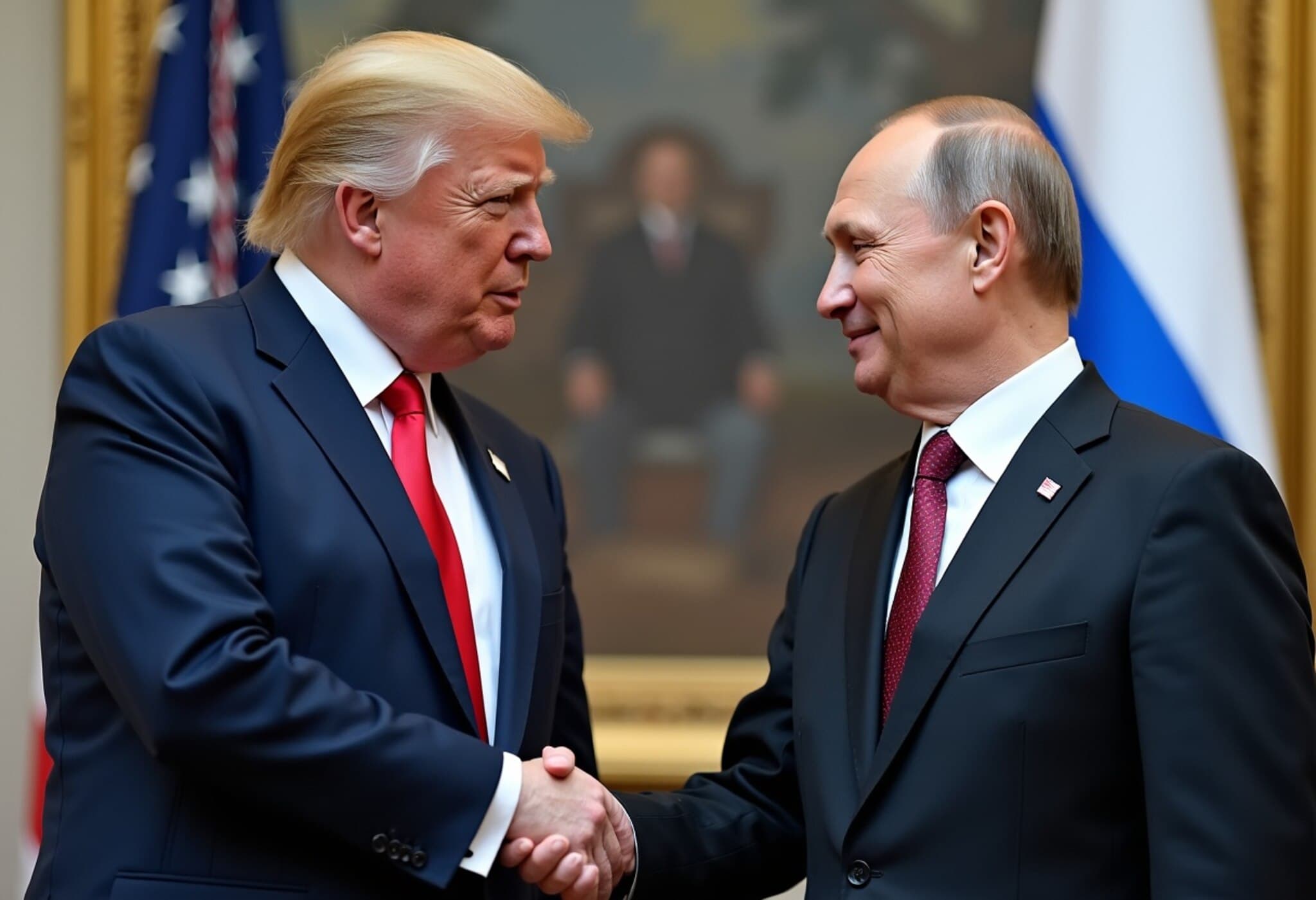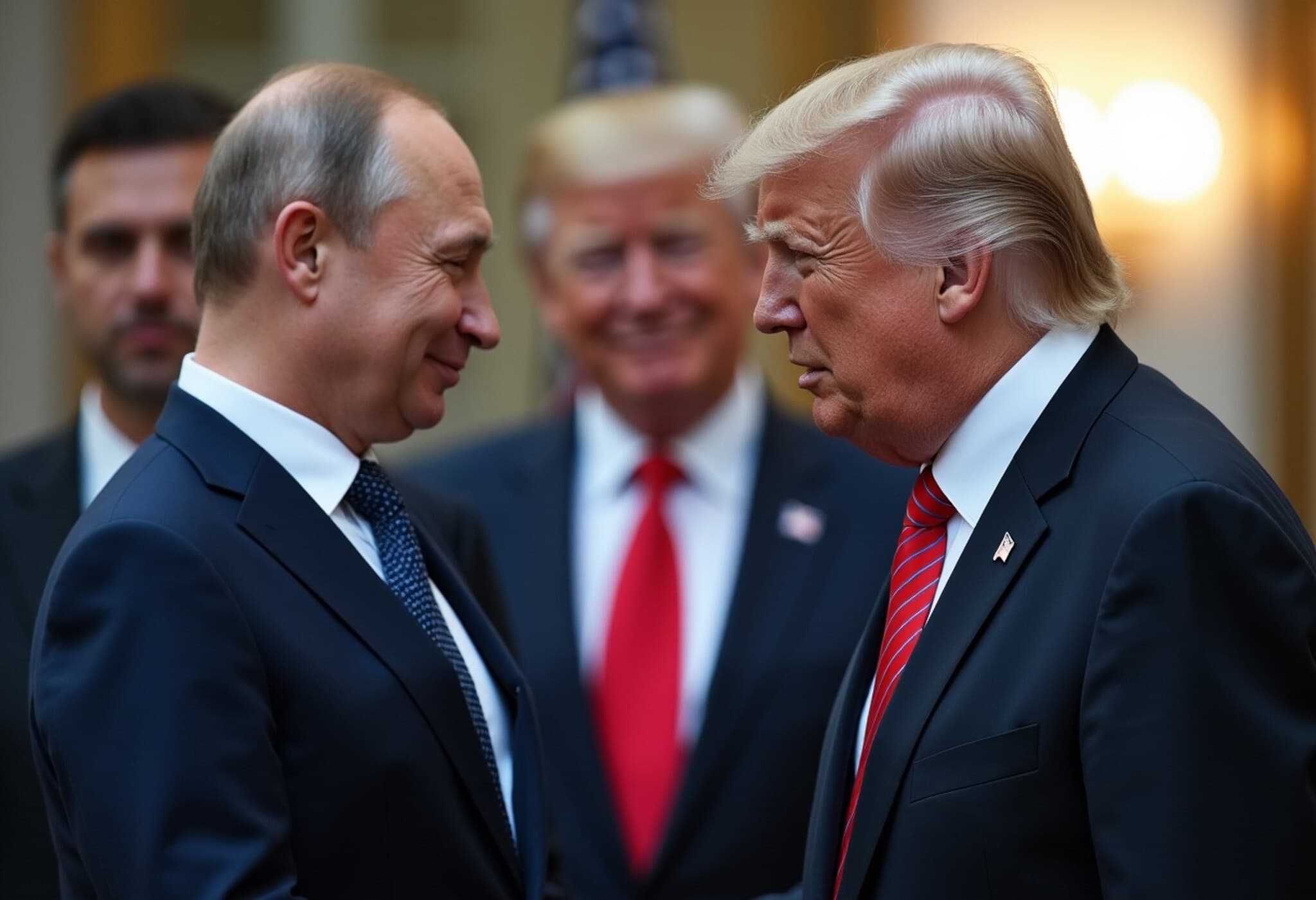Washington DC Files Lawsuit Challenging President Trump's Federal Police Takeover
In a dramatic escalation of tensions between local and federal authorities, Washington DC’s Attorney General Brian Schwalb has initiated legal action to block President Donald Trump’s recent executive order that temporarily transfers control of the city’s Metropolitan Police Department (MPD) to federal agencies.
Legal Battle Over Police Authority and Local Governance
On August 15, 2025, Schwalb announced that the lawsuit, filed in federal court, contends the President’s move is not only unlawful but infringes on Washington DC’s right to self-govern. “This overstep by the administration disregards constitutional limits on presidential power,” Schwalb declared. “By attempting to commandeer the MPD, it threatens both the safety of residents and the fundamental principle of local autonomy.”
The executive order signed by President Trump mandates that the city’s mayor relinquish temporary control of the MPD to the federal government, while simultaneously urging Congress to authorize extending federal command beyond the usual 30-day statutory limit.
Federal Intervention in Policing Powers
The situation took a concrete turn when U.S. Attorney General Pam Bondi directly ordered MPD Chief Pamela Smith to transfer her policing authority to Terrance Cole, the leader of the Drug Enforcement Administration (DEA). Bondi stipulated that henceforth, all MPD directives require Cole's approval, effectively subordinating the city police to federal oversight.
Reacting swiftly, Washington Mayor Muriel Bowser pointed out on social media that “no statute grants federal officials any personnel authority over the District’s police.” This conflict underscores the complex jurisdictional tussle between federal mandates and local governance structures intrinsic to DC's unique political status.
Immigration Policies at the Heart of the Dispute
A central issue fueling the dispute is the rollback of MPD policies designed to limit cooperation with federal immigration enforcement—often labeled as 'sanctuary' measures. Bondi revoked MPD protocols that barred arrests based solely on federal immigration warrants and imposed a federal veto on new MPD policies.
Earlier in the week, Chief Smith had instructed officers to proactively share immigrant-related information with federal authorities when suspects were not in custody, but Bondi criticized this as insufficient, aiming to fully dismantle sanctuary practices within DC law enforcement.
Federal Presence Growing Amid Crime and Security Debates
President Trump justified the federal takeover by citing a purported crime emergency, yet crime statistics reveal a decline in violent crime in Washington DC last year, calling into question the administration’s rationale.
The executive order also authorizes deployment of up to 800 National Guard troops, visibly increasing federal presence with officers and vehicles reported at various city points. The Pentagon noted these troops assist with monument security, traffic control, and patrol duties, stirring mixed reactions among residents.
Broader Implications and Questions Ahead
- Legal Precedent: Could this lawsuit redefine the limits of presidential power over local law enforcement, setting a precedent for other jurisdictions?
- DC Statehood and Autonomy: The case illuminates persistent tensions over DC’s self-governance, fueling renewed debates about its statehood and political rights.
- Community Trust: Federal control risks eroding community trust in policing, especially among immigrant populations concerned about deportation risks.
- Political Motivations: Observers speculate whether immigration enforcement drives the takeover more than crime concerns.
Editor’s Note
The lawsuit against President Trump’s federal police takeover underscores a complex intersection of legal authority, civil rights, and political power plays in the nation’s capital. As these events unfold, they raise fundamental questions about the balance of power between federal and local governments, the future of sanctuary policies, and the democratic rights of Washington DC residents. Readers are encouraged to consider the broader implications of federal interventions in local governance and how such conflicts reflect larger national debates over policing, immigrants' rights, and state sovereignty.
The evolving situation demands vigilant attention from policymakers and citizens alike as it speaks to the core of American democracy—how power is distributed and exercised at all levels of government.

